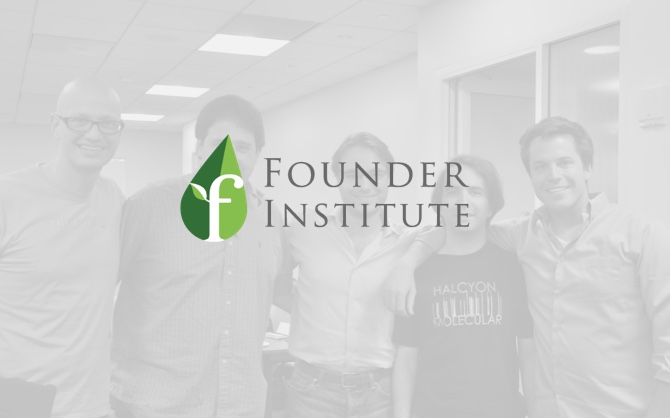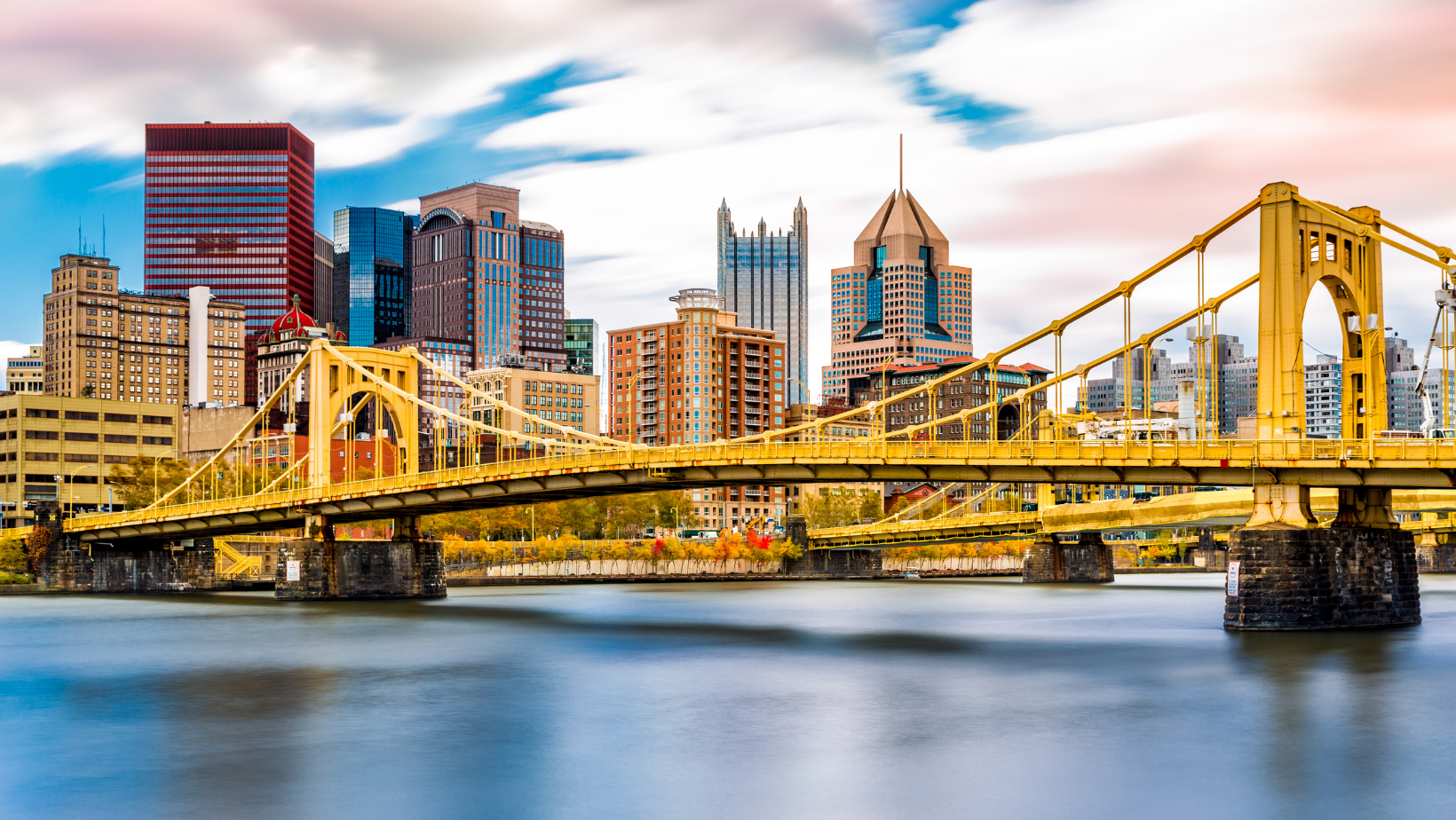
Startup ecosystems can be fragmented, competitive, and hidden to newcomers, which is detrimental for local startups and community growth. The Startup Ecosystem Canvas seeks to provide local entrepreneurs with a clear list of resources for every stage of their startup journey, and outline a basic framework for communities to map their ecosystem.
With applications for the Santiago Founder Institute coming to a close, we are excited to release the Santiago (Chile) Startup Ecosystem Canvas, which is currently in Draft v2 below! It was developed by the Santiago Founder Institute and local leaders Pablo Ambram and Allan Jarry, and was published on PulsoSocial in an article titled Startup Ecosystem Canvas: Una lista de los recursos para emprendedores en Santiago.
More input is needed, so please leave your comments on this collaborative Google document, and it will be considered for the next update.
Are you looking to build a startup in Chile? Then apply to the Santiago Founder Institute today!
If you want to get more involved in the Chilean startup scene, attend one of our free events!
You can also see the current infographic at http://fi.co/santiago_canvas.
Startup Stages
There is no one right way to build a technology company, but for the sake of simplicity we have outlined a basic, common, sequential framework.
1. Idea Stage
This is where new entrepreneurs get inspired, learn best practices, develop skills, validate ideas, and begin to build their team and product.
-
Inspire
- Startup Media: Centralized local information, listings, and news. (i.e. startup blogs/ publications/ lists/ FB groups/ newsletters, Startup Digest)
- Inspirational Events: Open, inclusive, beginner startup events (i.e. Startup Weekend, idea fairs, and inspirational meetups)
- Educate
- Best Practices: Beginner knowledge-sharing events. (i.e. beginner events that serve to educate more than inspirate)
- Training & Feedback: Skill & Idea development. (Ex. bootcamps and comprehensive training programs)
- Validate
- Team Formation: Resources for teaming up. (i.e. events or other resources that facilitate early-stage recruitment and cofounder matching)
- Build First Product: Hackathons & resources to build. (i.e. hackathons and other builder-focused events and resources)
2. Launch Stage
In this stage, entrepreneurs establish and formalize the company, develop the product, get feedback from customers, and prepare for the next step.
- Start
- Establish: Law firms & banks for startups
- Workspace: Co-working and flexible workspaces (note: “official” office space goes in 3.1.a. Infrastructure)
- Develop
- Formalize: Accounting, development and HR for early-stage startups.
- Launch
- Seed Accelerators: Seed funding mentor programs (Techstars-style programs that provide funding)
- Pitch & Demo: Show local startups for investment (i.e. demo days for companies seeking seed investment)
-
Demo Day Startup Chile
3. Growth Stage
Here, a startup proves their utility, receives recognition, and scales up. This usually requires funding, angels, VCs, and ways to connect them to startups.
- Recognition
- Investor Networking: Connect professional investors with founders. (i.e. events or groups that facilitate connections with professional investors)
- Major Media: Mainstream local business press. (i.e. major local or regional publications that frequently champion local businesses)
-
Revista Capital
- Funding
- Angels / Micro-VCs: Seed-stage investors
- Venture Capitalists: Series A and beyond
- Growth
- Infrastructure: Office space, HR, local business insurance. (i.e. office space/ HR/ insurance providers for capital-rich companies to grow and scale)
- Expansion: Growth accelerators/consultants. (i.e. programs and business consultants for capital-rich companies to grow and scale)
4. Success Stories
Successful homegrown companies that have raised significant institutional funding, employ a large workforce, or have achieved liquidity.
-
Alto
-
Aval Chile
-
Clan Descuento
-
Happyshop
-
Trabajando
-
Triciclos
Supporters
To facilitate the steps, every ecosystem needs strong supporters.
1. Evangelists
Successful local founders who lead the ecosystem & frequently mentor newbies. (i.e. Local leaders who have taken a leadership position, speak at a lot of startup events, mentor all the programs, etc)
-
Alan Farcas
-
Carlos Honorato
-
Diego Fleishman
-
Fernanda Vicente
-
Jorge Nazer
-
Juan Pablo Swett
-
Juan Pablo Larenas
-
Julie Macpherson
-
Marcelo Cicali
-
Marcelo Guital
-
Pamela Chávez
-
Raul Rivera
-
Sebastián O’Ryan
2. Government
Public organizations that facilitate local economic development
3. Talent
Major local business or tech universities and employers that attract and retain local talent.
- Local Universities (universities with prominent technical or business programs)
- Local Employers (Major technical employers, like Microsoft or Google or large local companies, with large local offices)
Learn more about the Startup Ecosystem Canvas here, and leave us your thoughts on the Santiago Canvas on this collaborative Google document, or on Twitter using the hashtag #ecosystemcanvas.
Are you looking to build a startup in Chile? Then apply to the Santiago Founder Institute today~



